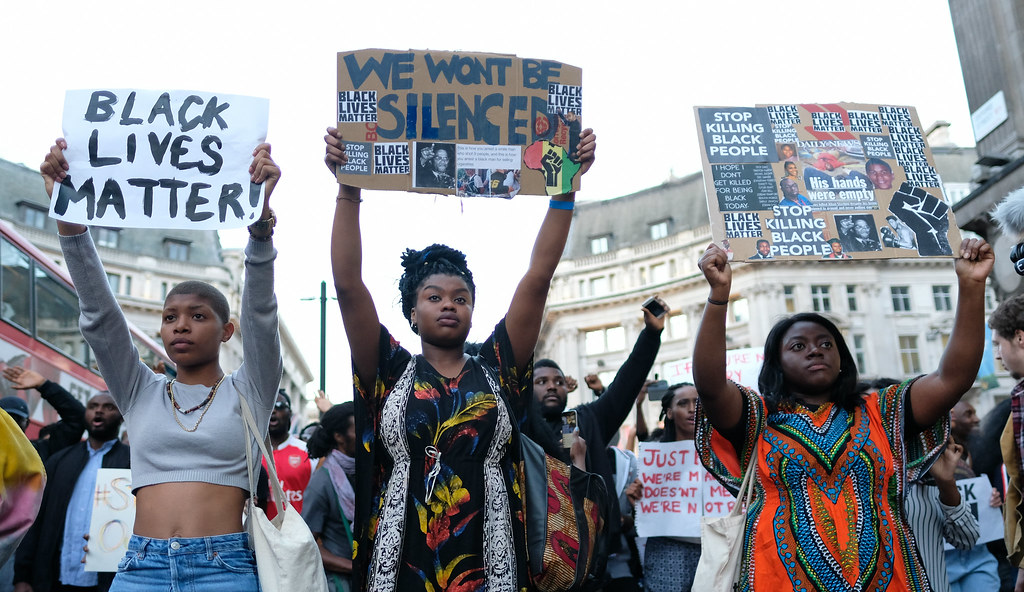Have gained an understanding of the principal theoretical foundations of human rights
Have gained an understanding of the controversial basis and content of the practice and application of specific human rights instruments
Be able to critically evaluate specific human rights claims, utilising different theoretical perspectives from several academic disciplines
Be cognizant of some of the principal issues surrounding the practice and implementation of various human rights
Have acquired the methodological skills required for independent research in the study of human rights
- Module Supervisor: Aoife Duffy
- Module Supervisor: Andrew Fagan
- Module Supervisor: Tara Van Ho

The module focuses on human rights advocacy. It begins by looking at how theory and practice of human rights interact, from a critical standpoint. We will examine how major critiques of human rights discourse affect the way in which we transform theory into practice. We then go on to look at domestic and international strategies for making use of international human rights law. The module then turns to examining specific advocacy routes, including making use of the UN Human Rights Council, Special Procedures and Treaty Monitoring Bodies. Specific advocacy tools are then examined, including evidence gathering (interviewing skills and documentation preservation), strategic litigation and assessing the impact of advocacy projects. The module finishes by bringing together all the material studied during the term to look at how we formulate advocacy strategies.
The module is open only to students who have been admitted to the Human Rights Centre Clinic. Please refer to the HRC Clinic page to find out how to apply by going onto this link: https://www1.essex.ac.uk/hrc/careers/clinic/default.aspx
- Module Supervisor: Koldo Casla
- Module Supervisor: Andrew Fagan
- Module Supervisor: Ahmed Shaheed
General Information
The module would provide an examination of the challenges posed to the universality of human rights by religious beliefs and practices, through an in-depth study of the debates surrounding Islam and international human rights standards. It would take a multi-disciplinary approach, and examine the political, cultural and legal context of the tensions between international human rights law on the one-hand and classical Islamic doctrine and contemporary State practice on the other. The course would also examine modern readings of Islamic law that seek to reconcile Islamic practice with international norms. No prior knowledge of Islam or Islamic law is required.
Aims
The purpose of the module is to acquaint LLM/MA/MPhil students with a diverse range of English language scholarship on one of the most controversial, and perhaps widely misunderstood issues in human rights practice, and to enable them to carry out further independent research. It would also equip students with cross-cultural dialogue skills necessary for careers in diplomacy, human rights advocacy, journalism and international commerce, particularly where they call for a better understanding of Islamic state practices. It will be especially useful for students taking the LLM and MA courses in human rights, and postgraduate students outside of those courses may take the module for credit with approval of the module director.
Learning Outcomes
The module has five major objectives in terms of learning outcomes:
to understand the basic principles of the Islamic legal tradition and how they impact on the international human rights discourse and Muslim state practice;
to examine critically the diversity of perspectives on human rights in Islamic thought and practice and develop the tools necessary for cross-cultural understanding and engagement;
to analyze the inter-relationship between culture, history, religion and politics in the realisation of human rights;
to develop critical reasoning, analytical writing and oral argumentation skills.
to enable students to carry out independent research into the subject.
- Module Supervisor: Ahmed Shaheed
Module Description
The module would introduce students to the nature of the international system and its influence on the promotion and protection of human rights and to key theoretical debates about the pathways to human rights impact from a multidisciplinary perspective. As a practice-oriented module, it will examine the role of foreign policy instruments in the promotion of human rights as well as the use of human rights to advance foreign policy goals of states in bilateral, regional and multilateral contexts.
Aims
The purpose of the module is to provide LLM/MA/MPhil students programmes with a global perspective on the practice of human rights, especially in the negotiation and implementation of human rights norms. It enables an in-depth study of human rights advocacy by multilateral institutions and international civil society organisations, comparative study of foreign policy, and greater understanding the international political context in which human rights are promoted and defended. It will be especially useful for students taking the LLM and MA courses in human rights, and postgraduate students outside of those courses may take the module for credit with approval of the module director. There are no pre-requisites or correlated courses.
Learning Outcomes
The module has five major objectives for learning outcomes:
to understand different conceptions of the international system and how they each enhance or constrain the advancement of human rights as well as the relationship between competing national interests pursued by states
to analyse the processes by which human rights norms are set and promoted, and to examine them in comparative perspective
to recognise the relevance of multi-disciplinary approaches to the understanding of human rights in a global context
to develop greater awareness of the tools and means of success in the advocacy of human rights
to develop the critical reasoning, analytical writing and oral argumentation skills
- Module Supervisor: Ahmed Shaheed
- Module Supervisor: Andrew Fagan